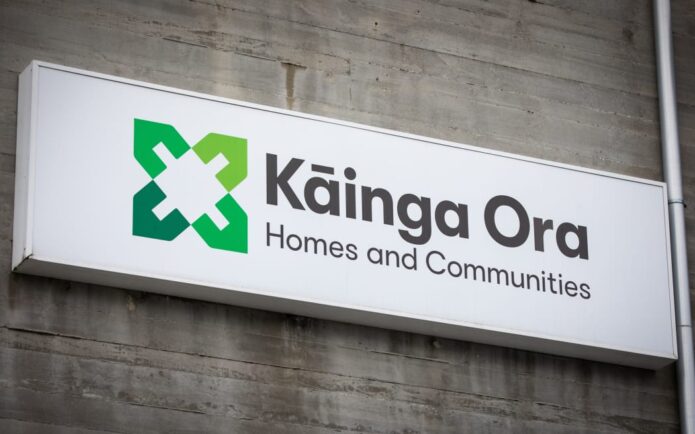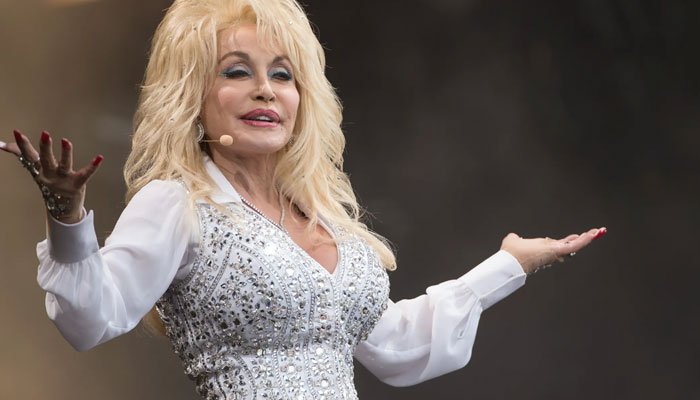PHOTO: Singer-songwriter Dolly Parton
In recent weeks, multiple news sources (including NPR) ran stories on Dolly Parton, claiming she had, with the royalties she made from Whitney Houston’s cover of “I Will Always Love You,” invested in a Black community in Nashville decades ago. These reports failed to acknowledge how exactly the singer invested in the neighborhood — beyond purchasing property in an area that has heavily gentrified in recent decades — while also presenting misleading claims about Parton’s own assertions. The reports resurfaced America’s love affair with the country star; media sources have become so quick to feed the public feel-good stories about Parton that routine fact-checking has gone overlooked.
Dolly Parton is having a moment — and has been, for the last half century. The singer, who first got her big break on The Porter Wagoner Show in 1967, has endured as one of the savviest business minds in the entertainment industry, transforming herself over the past several decades from the great singer/songwriter she has always been into a larger-than-life figure that’s expanded her brand to include a theme park, popular films, and a lovable caricature of herself that’s captivated generations.
Parton’s tireless work ethic and vivacious personality has created a strong appetite among the American public for an endless stream of feel-good Parton content — a demand that’s amplified in the tumultuous age of Trump, Black Lives Matter and the coronavirus pandemic. But while the singer’s widespread appeal has long bonded fans across the lines of race, sexuality, and political beliefs, her persona has taken on an almost saint-like manifestation in recent years.
During #WWHL, @DollyParton shared what she bought with her royalties from 'I Will Always Love You.' pic.twitter.com/ZrMahGMmwt
— WWHL (@BravoWWHL) July 30, 2021
News stories abound about Parton’s often well-deserved praise. In the early stages of the coronavirus pandemic, the singer donated $1 million to help fund the Moderna vaccine. After Black Lives Matter gained mainstream traction last summer, Parton vocalized her support for Black lives — a risky statement to make for anyone in the notoriously conservative country music industry.
The recent, erroneous reports claiming Parton invested in a Black community decades ago triggers questions about how a collective infatuation with the singer has driven her beyond reproach — and adequate fact checking.
In a recent appearance on Bravo’s Watch What Happens Live With Andy Cohen, Parton was asked what her best purchase was from the more than $10 million she’s earned from Whitney Houston’s 1992 cover of her song, “I Will Always Love You.”
Parton explained she purchased property in what was then a Black neighborhood in Nashville, Sevier Park, saying it was “the perfect place for me to be considering it was Whitney,” adding, “I just thought this was great and I’m going to be down here with her people, who are my people as well.”
After the interview aired, several articles appeared quickly, pointing to the story as proof of the singer being akin to a longstanding civil rights icon, supporting the Black community long before Black Lives Matter was mainstream. Most notably, the Washington Post ran a story (triggering several additional stories) incorrectly stating Parton purchased the Sevier Park property in 1997, and portraying the singer as a champion of the Black community in Nashville without direct evidence beyond her purchase of the property in question. These claims come after the singer was forced in recent years to change the name of her “Dixie Stampede” dinner show for its celebrations of the confederacy, and also fail to look into the details of Parton’s property ownership claims.
READ MORE VIA NPR
MOST POPULAR
 Real estate agent in hospital after riding accident
Real estate agent in hospital after riding accident TRAGIC NEWS for New Zealand’s first home buyers
TRAGIC NEWS for New Zealand’s first home buyers Abandoned land for sale
Abandoned land for sale Warning after Kiwi couple caught out by clause in new-build house contract
Warning after Kiwi couple caught out by clause in new-build house contract BEWARE: eXp Realty is coming to shake up the real estate industry in NZ
BEWARE: eXp Realty is coming to shake up the real estate industry in NZ New kiwi start-up making land banking possible from $100 | WATCH
New kiwi start-up making land banking possible from $100 | WATCH Major NZ bank hikes interest rates ahead of OCR decision | WATCH
Major NZ bank hikes interest rates ahead of OCR decision | WATCH House prices could drop soon, Reserve Bank predicts | WATCH
House prices could drop soon, Reserve Bank predicts | WATCH Real Estate Agent Fees: How are they fair?
Real Estate Agent Fees: How are they fair? House prices above sustainable levels | RBNZ
House prices above sustainable levels | RBNZ














